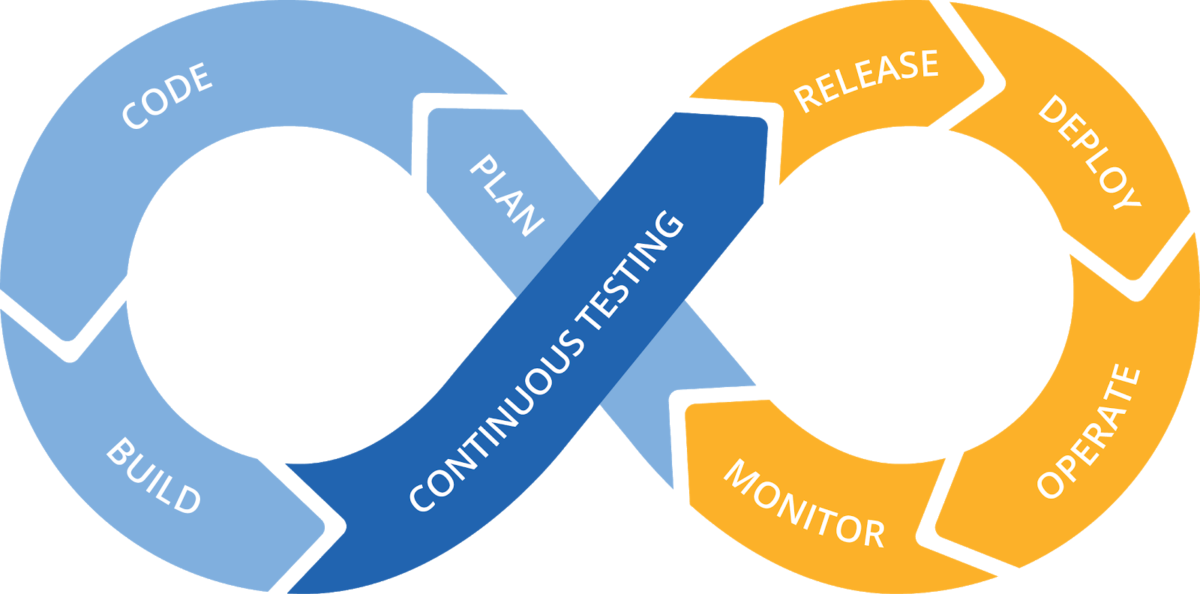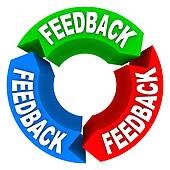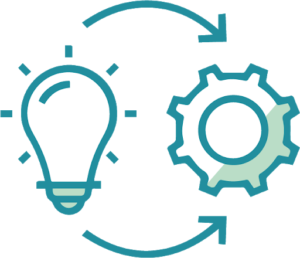
The pre-Socratic Greek philosopher Heraclitus once said, “Change is the only constant in life”. This thought is applicable today even more than when it was first coined centuries ago. Today, businesses are constantly impacted and influenced by the changes that occur in customers’ needs. Today, businesses want a shorter time to market for their products and services. Due to the dynamic nature and growing complexity in customer demands, software needs to be customized and evolved at a much faster rate.
Agile project management is considered as the most efficient practice to introduce agility in the business processes. In the software development industry, DevOps is the most recently established approach for agile, superior, and faster delivery.
DevOps emphasizes integration, communication, and collaboration amongst the key stakeholders of the organization. The two key components of DevOps are Continuous Integration and Continuous Delivery. Continuous testing is an extension of the continuous delivery component. Continuous testing leverages on automation of test, build, and release cycles. From a business perspective, continuous testing shortens the iterations, minimizes quality risks, reduces costs, and accelerates time to market.
Continuous testing is a repeatable process that enables rapid feedback of any bugs or issues detected during continuous software development. It deploys automation testing platforms like Selenium, Webomates CQ, and others, which run separately from the unit testing executed by the development team.
Some of the important points about continuous testing are highlighted below –

During the development of each feature or version of the software, risk needs to be evaluated at every stage. Continuous testing ensures wider business risk coverage by timely detection and reporting of issues, which if not reported in time would cost resources in terms of time and effort.

The integration of continuous testing with DevOps leads to adapting dynamic customer requirements in the ongoing development cycle. Customers want bespoke output and do not tolerate any deviation from their requirements. Thus, to ensure that customer satisfaction is achieved, feature level continuous testing and integration prove to be useful.

In the accelerated development environment, features get added or modified at a certain pace and this may create a hidden security flaw. The application must be constantly checked for any prominent or hidden vulnerabilities so that post-deployment, the application remains stable and there is no exposure to cyber-attacks. Continuous testing ensures security standards are followed and application is recoverable.

Continuous testing emulates all types of functional tests like integrated testing, regression testing, API testing, cross-browser testing, and non-functional tests like security testing, usability testing and reliability testing to name a few. Results from each of these tests generate feedback for the DevOps tool-set. Continuous testing and automation help cleaner code to be delivered for deployment and therefore the end application becomes ready for market integrations and accelerated launch.

Continuous testing executes the test sets at the architecture level and records stage-wise feedback in the software. Continuous integration enables this feedback to be quickly reported without creating a backlog of test sets and results. This removes the bottlenecks in the testing and development integration, thereby ensuring quick code fixes and high-quality output.

According to a CISQ report 2018, USA (Consortium for IT Software Quality), the cost of poor quality software was approximately USD 2.84 trillion, and close to 17% of this cost was time and effort required for bug detection and fixes. The cost of defects predominantly includes the cost of resources involved in testing, re-development, and deployment. This cost is directly proportional to the time spent by resources in bug fixes. Continuous testing ensures faster turnaround time from detection to deployment of the code which enables a reduction in costs and saves time.

A process is good only if it is easy to adopt. Software’s like Webomates CQ ensure that such processes organically become a part of the organization’s DevOps strategy. In case there is no CI/CD strategy in place, then the continuous testing process facilitates the creation of a complete DevOps cycle.

The continuous testing process enables testing early and testing widely. It replaces the conventional hand off centric approach to an agile approach. This requires a cultural shift in the way development and QA teams work. Automation software like Webomates CQ, Selenium, Jenkins makes this shift simple and effective from the beginning of the software development life cycle. Such tools directly integrate with build systems and regression testing can be done with each build integration and deployment.

Continuous testing using Webomates CQ helps customers get scheduled updates and actionable insights timely without any manual effort. The patented optimized testing with selenium based automation with crowdsourced and manual testing assures peace of mind during deployment at a significantly lower cost. Once this comprehensive method starts delivering the expected results, customer satisfaction is guaranteed. If you are interested in learning more about the services offered by Webomates then please click here and schedule a demo, or reach out to us at info@webomates.com. You can also avail of a free trial by clicking here.
Tags: CI/CD, Continous Testing, DevOps, Regression Testing
Test Smarter, Not Harder: Get Your Free Trial Today!
Start Free Trial
Leave a Reply